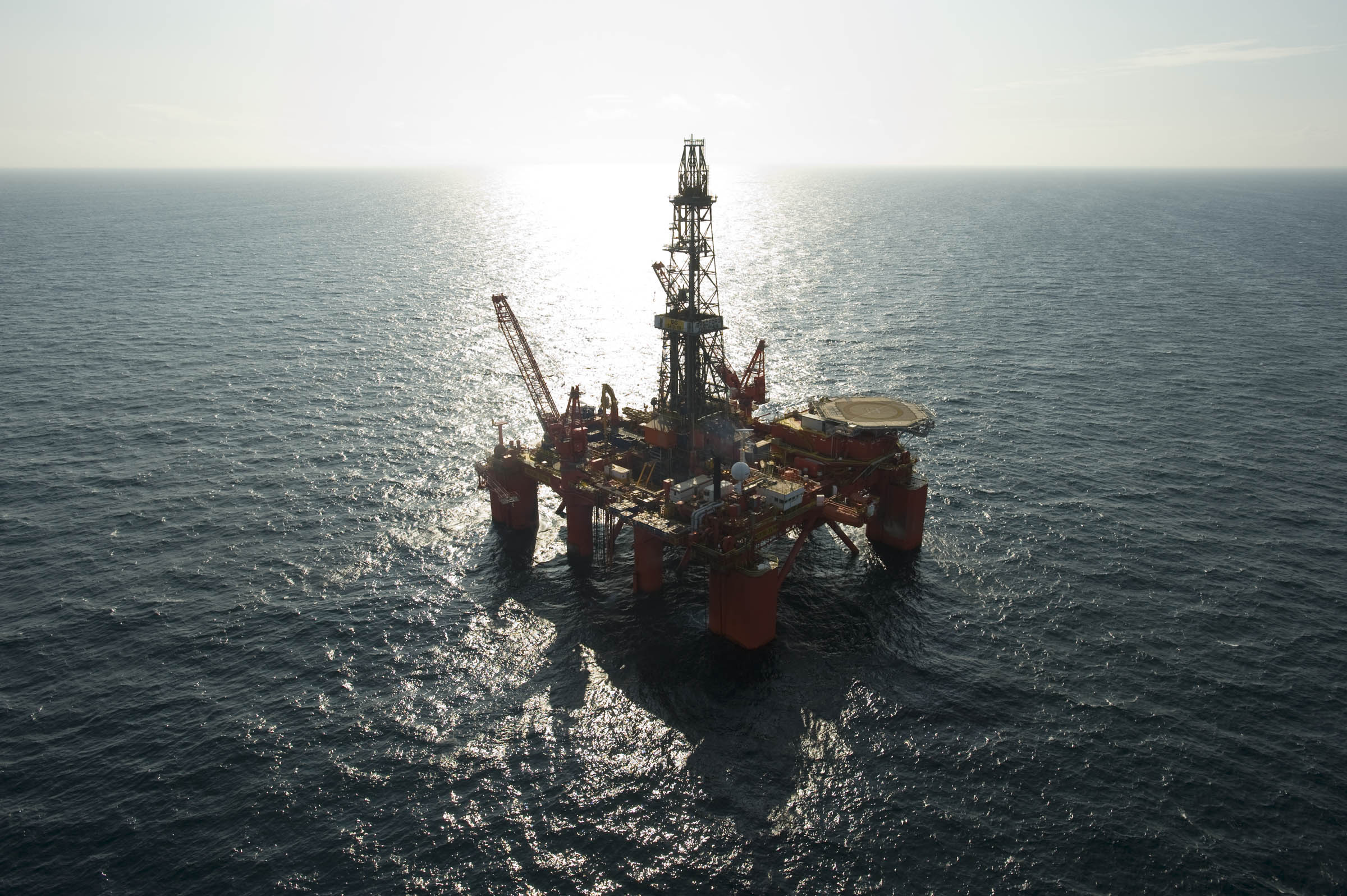Russian energy companies Zarubezhneft, Gazprom Neft and Lukoil have submitted proposals to the National Iranian Oil Company (NIOC) to invest in several Iranian oilfields.
The representatives of Zarubezhneft, which specializes in exploration, development and operating oil and gas fields, offered their plans to increase the recovery rate of oil from the Aban and West Paydar fields in the south of Iran, Iran’s Ministry of Petroleum announced on August 4.
A memorandum of understanding for Zarubezhneft’s survey of the two fields, which are shared with Iraq, was signed on July 22 last year. West Paydar produces 26,500 barrels per day and is to be expanded to 50,000 barrels per day. Aban produces 7000 barrels per day and will also be expanded, depending on the developer’s proposals, according to NIOC.
In October 2015, Russia’s Energy Minister Alexander Novak said that Zarubezhneft would take up several projects worth a total of $6 bln in Iran’s oil industry.
Gazprom Neft, another Russian oil company, recently presented its findings on Changuleh and Cheshmeh Khosh oilfields. In August, Thailand’s state-owned PTTEP presented its findings on Balal, Changuleh and Dalpari oilfields to NIOC.
Lukoil and Indonesia’s Pertamina individually proposed plans to develop the Bangestan reservoir of the Mansouri oil field southeast of Ahwaz.
The news about the investment plans of the Russian companies came a day after Iran’s oil minister, Bijan Zanganeh, said that his country was ready to sell oil to Russia.
“We have no problems [about exporting oil to Russia]. They [Russians] should take the required measures,” IRNA news agency quoted Zanganeh as saying.
Russian companies have signed a record number of oil and gas contracts with Iran since the lifting of sanctions on Iran in early 2016. According to the Joint Comprehensive Plan of Action (JCPOA), better known as “the nuclear deal” and signed on July 14, 2015, Iran would curb its nuclear program in exchange for the lifting of nuclear-related sanctions and access to frozen capital. The embargoes were lifted in January 2016, as Iran shut down many of its centrifuges.
Iran has also started preliminary talks with Russian companies to develop Farzad B, but negotiations also continue with the Indian companies who have long coveted the giant gas field.
“For the development of the Farzad B field, we are pursuing three separate paths in parallel, but none of the options are definite yet. Negotiations with the Indians have not achieved satisfactory results, but they have not stopped either, and that Iran was pursuing preliminary talks with a Russian company as the second path,” the director of integrated planning at the National Iranian Oil Company, Karim Zobeidi, said on August 4.
Indian companies discovered the Farzad B gas field in Iran in 2008, and they were supposed to develop it after its exploration. Activities came to a halt after sanctions were piled on Iran in 2012. However, after sanctions were scheduled to be lifted as a result of the JCPOA, India was reignited its interests.
In May 2017, the Iranian oil minister announced that Iran had signed a basic agreement with Russia’s energy giant Gazprom over the development of Farzad B.
Russian Energy Minister Alexander Novak told TASS news agency on the sidelines of the Eastern Economic Forum on September 6 that the issue of arranging supplies of Iranian oil to Russia under the "oil-for-goods" mechanism is being worked out.
Earlier, Novak said that a contract with Iran to supply 100,000 barrels of oil per day to Russia has already been concluded. It was noted that Iran and Russia already might begin cooperation this year under the contract "oil in exchange for goods." The corresponding memorandum was signed by Russia and Iran in 2014.







 President Ilham Aliyev shed light on the evolving contours of the peace process with Armenia during an international conference in Baku this week. ...
President Ilham Aliyev shed light on the evolving contours of the peace process with Armenia during an international conference in Baku this week. ...
 Azerbaijan and Armenia started the process of demarcation of their border on Tuesday, with the installation of the first border markers based on ge...
Azerbaijan and Armenia started the process of demarcation of their border on Tuesday, with the installation of the first border markers based on ge...
 Armenian sappers commenced on Monday mine-clearance operations in the territories adjacent to the Saint Mary Church in village of Voskepar (Armenia...
Armenian sappers commenced on Monday mine-clearance operations in the territories adjacent to the Saint Mary Church in village of Voskepar (Armenia...
 Iran and Pakistan have signed eight cooperation documents in various fields, and agreed to strengthen ties to fight terrorism in the region.
Iran and Pakistan have signed eight cooperation documents in various fields, and agreed to strengthen ties to fight terrorism in the region.



